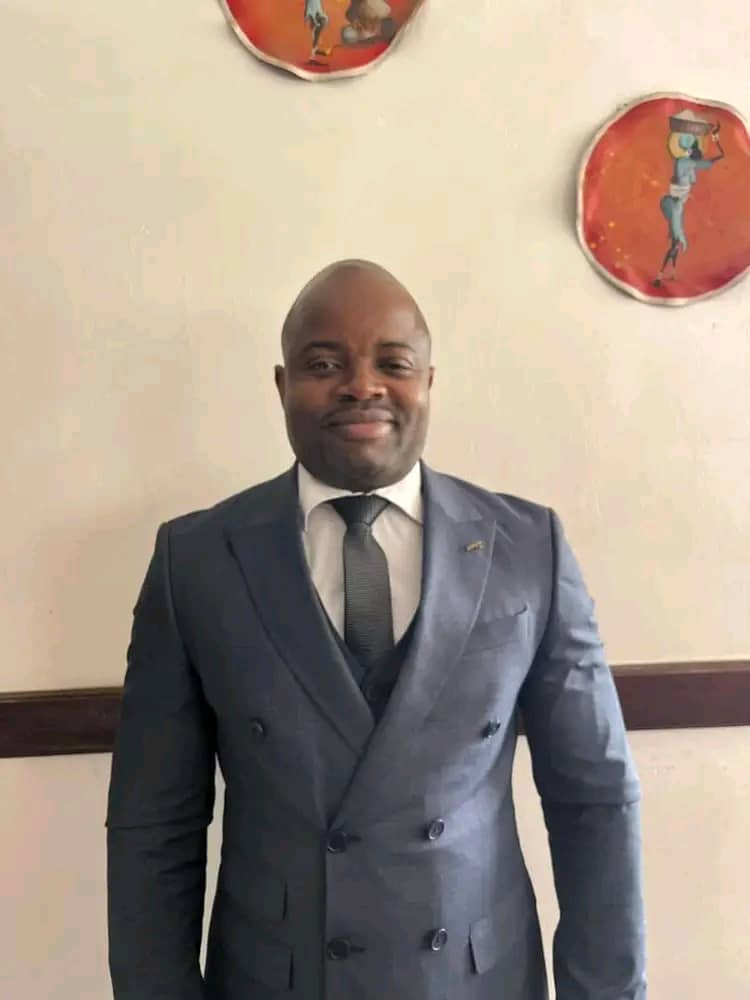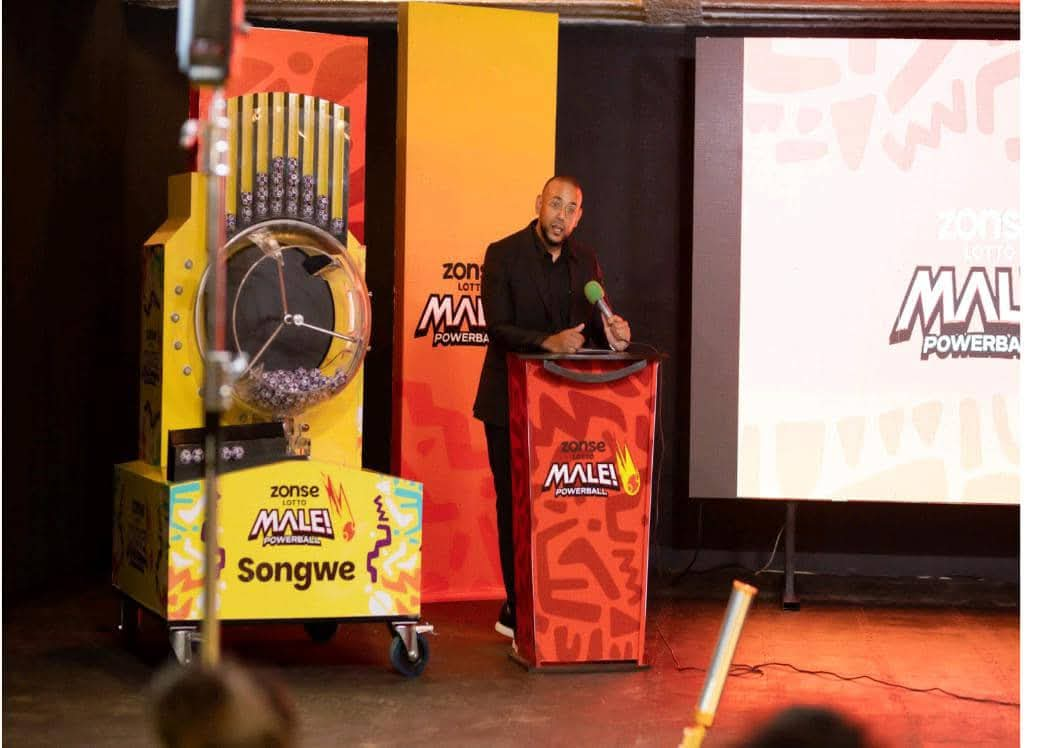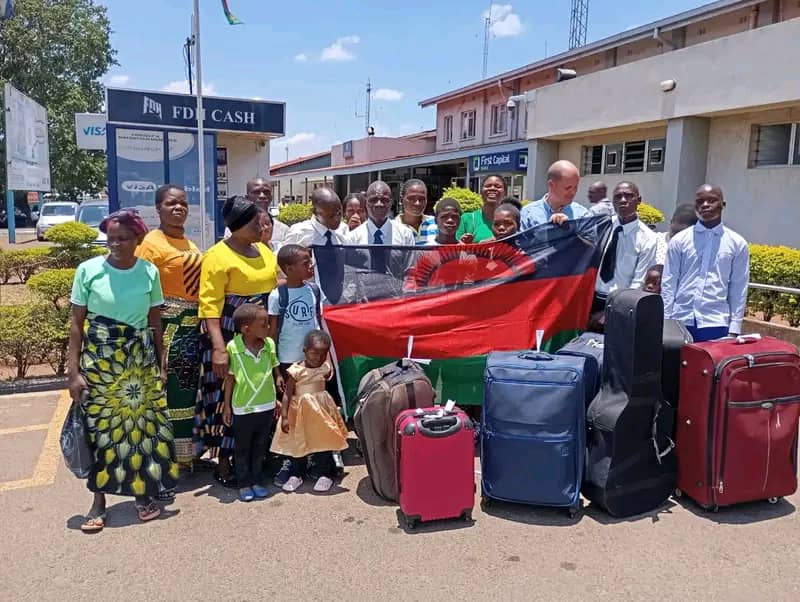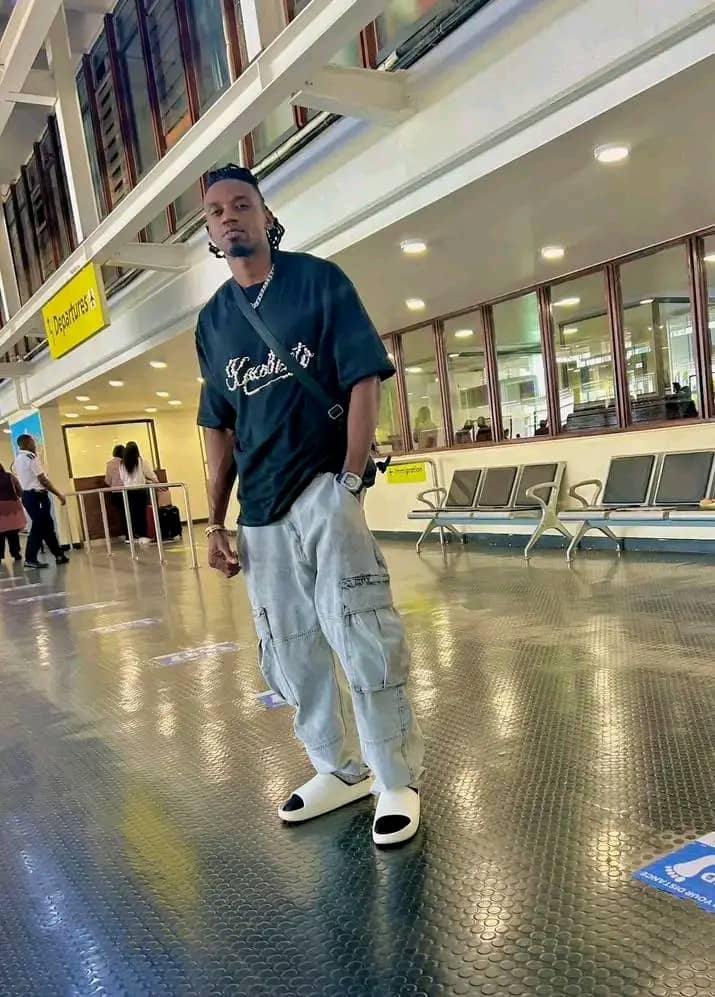By Burnett Munthali
The organizing committee for the ongoing Mulhakho wa Alhomwe cultural festival has confirmed that all political parties, except the Malawi Congress Party (MCP), have been invited to this year’s event. The festival, which is now in its second day, is a significant cultural celebration for the Lhomwe people, showcasing their rich heritage and traditions.
Speaking to Times Online 360 Malawi, Felix Tambulasi, chairperson of the organizing committee, shared that the three-day festival commenced on Friday with traditional dances and a lively bash sponsored by Castel. The event will culminate on Sunday at Chonde Cultural Village in Mulanje district, where large crowds are expected to gather for the grand finale.
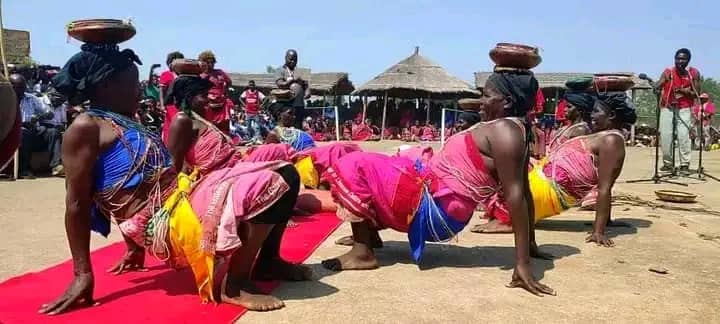
Tambulasi highlighted that invitations have been extended to all paramount chiefs, officials from the Ministry of Tourism and Culture, as well as political leaders from across the country—excluding the MCP. He did not offer specific reasons for the exclusion of Malawi’s ruling party from the festival but emphasized the participation of various other political figures.
Former President Peter Mutharika, a prominent figure associated with the Democratic Progressive Party (DPP), will serve as the guest of honor. Mutharika is expected to officially open Mudzi wa Alhomwe, a new cultural initiative funded by the Cultural Emergency Fund, a project aimed at preserving and promoting Lhomwe traditions.
The Mulhakho wa Alhomwe festival, now a key cultural event on Malawi’s calendar, is renowned for its vibrant traditional music, dances, and displays of food and crafts. It draws thousands of people annually from different parts of the country, celebrating the Lhomwe heritage and fostering a sense of unity among participants.
With two days of festivities already in full swing, the event is set to reach its peak on Sunday, promising more traditional performances, cultural exhibitions, and the formal opening of Mudzi wa Alhomwe. Attendees can look forward to an immersive cultural experience that reinforces the pride and identity of the Lhomwe people.

